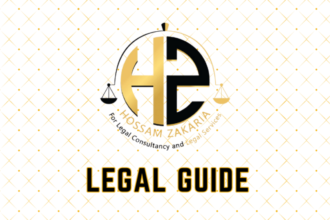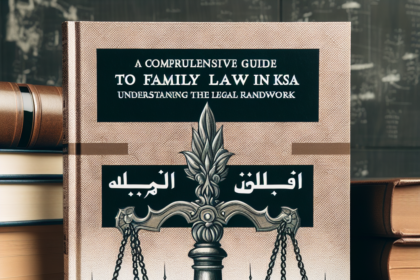Tag: Overview of Family Law in KSA
Overview of Family Law in KSA
Introduction to Family Law in KSA
Family law in Saudi Arabia (KSA) is governed by Islamic Sharia, addressing key aspects of marriage, divorce, child custody, and inheritance. This legal framework ensures justice and fairness in family matters.
Marriage Laws in KSA
Marriage in KSA follows strict Sharia principles. A valid marriage requires mutual consent, a legal guardian for the bride, and witnesses. The marriage contract, or Nikah, details the rights and obligations of both parties, including the Mahr (dowry).
Divorce Regulations
Divorce in KSA can be initiated by either spouse. Types of divorce include Talaq (initiated by the husband), Khula (initiated by the wife with the husband’s consent), and judicial divorce. The process protects both parties’ rights, determining alimony and child support based on case specifics.
Child Custody and Guardianship
Child custody in KSA prioritizes the child’s welfare. Typically, mothers gain custody of young children, especially in early years. However, fathers retain guardianship, managing the child’s affairs and decisions. Custody may be re-evaluated as children grow older.
Inheritance Laws
Inheritance in KSA is strictly governed by Sharia. Asset distribution follows predetermined shares, ensuring fairness and adherence to Islamic principles. Sons generally receive a larger share than daughters, with specific provisions for spouses and relatives.
Role of Sharia Courts
Sharia courts in KSA handle family law cases, ensuring decisions align with Islamic law. They resolve disputes related to marriage, divorce, custody, and inheritance, maintaining justice and fairness in every case.
Legal Support and Representation
Legal representation in family law cases is crucial. Family law specialists provide essential support, ensuring individuals understand their rights and the legal process. They offer guidance and representation to protect clients’ interests during proceedings.
Conclusion
Family law in KSA comprehensively addresses various aspects of familial relationships and responsibilities. Governed by Sharia, it ensures justice in marriage, divorce, child custody, and inheritance matters. Understanding these laws is essential for residents and expatriates to navigate family-related legal issues effectively.





